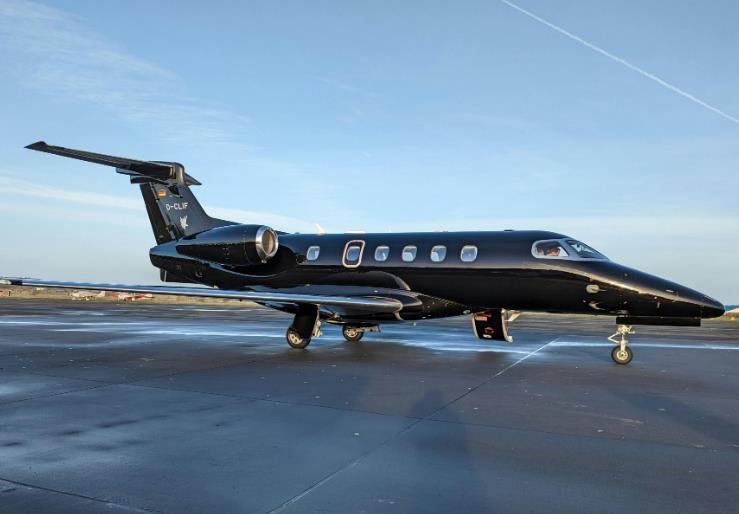The demand for private jets in the Philippines is soaring as wealthy Filipinos increasingly turn to private aviation for business travel. This trend is driven by the need for convenience, privacy, and efficiency, as well as the desire to avoid the hassles of commercial air travel. The rise in business travel, coupled with the growing number of high-net-worth individuals in the country, has led to a surge in private jet purchases and charters. This development is reshaping the aviation landscape in the Philippines and highlighting the importance of private aviation in the modern business world.
The demand for private jets in the Philippines has been on the rise, fueled by the increasing number of wealthy individuals and the need for efficient business travel. High-net-worth individuals and corporate executives are opting for private jets to save time, ensure privacy, and enhance their travel experience. The convenience of flying on a private jet, with the ability to customize travel schedules and avoid crowded airports, has made it an attractive option for business travelers.

Private jet companies have reported a significant increase in inquiries and bookings from Filipino clients. The demand is not limited to domestic travel but extends to international destinations as well. Business executives are using private jets to travel to key business hubs in Asia, Europe, and the United States, facilitating seamless and efficient business operations. This trend is expected to continue as more Filipinos recognize the benefits of private aviation.
Moreover, the COVID-19 pandemic has further accelerated the demand for private jets. With concerns about health and safety, many travelers prefer the controlled environment of a private jet over commercial flights. The ability to minimize contact with other passengers and reduce the risk of exposure to the virus has made private aviation a preferred choice for many high-net-worth individuals.
The Impact on the Aviation Industry
The surge in demand for private jets is having a significant impact on the aviation industry in the Philippines. Private jet operators are expanding their fleets and enhancing their services to cater to the growing market. New players are entering the market, offering a range of private jet options, from light jets for short trips to large jets for long-haul flights. This increased competition is driving innovation and improving the overall quality of private aviation services.
The rise in private jet travel is also benefiting related industries, such as aircraft maintenance, ground handling, and catering services. The demand for skilled professionals in these fields is increasing, creating new job opportunities and contributing to the growth of the aviation sector. Additionally, the development of private jet terminals and facilities at major airports is enhancing the infrastructure to support private aviation.
Furthermore, the growing popularity of private jets is prompting regulatory authorities to review and update aviation policies. Ensuring the safety and security of private jet operations is a priority, and authorities are working closely with private jet operators to establish best practices and standards. This collaborative approach is essential for maintaining the high standards of safety and service that private jet travelers expect.
The Future of Private Aviation in the Philippines
The future of private aviation in the Philippines looks promising, with continued growth expected in the coming years. The increasing number of high-net-worth individuals and the rising demand for efficient business travel will continue to drive the market. Private jet operators are investing in new aircraft and advanced technologies to meet the evolving needs of their clients. Innovations such as electric and hybrid jets, enhanced in-flight connectivity, and personalized services are set to transform the private aviation experience.
The expansion of private jet services is also expected to contribute to the broader economic development of the Philippines. By facilitating business travel and enhancing connectivity, private aviation supports economic growth and attracts investment. The development of private jet infrastructure, such as dedicated terminals and maintenance facilities, will further boost the aviation sector and create new opportunities for businesses and professionals.
In conclusion, the demand for private jets in the Philippines is on the rise, driven by the need for convenience, privacy, and efficiency in business travel. The growing number of wealthy individuals and the impact of the COVID-19 pandemic have further accelerated this trend. The aviation industry is responding with expanded fleets, enhanced services, and improved infrastructure. As private aviation continues to evolve, it is set to play a crucial role in the future of business travel in the Philippines.








